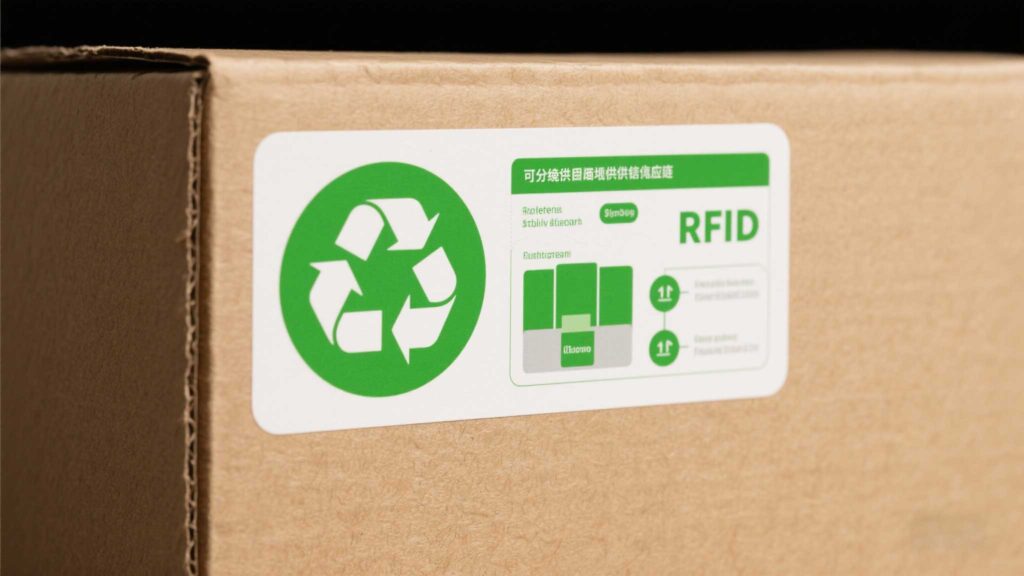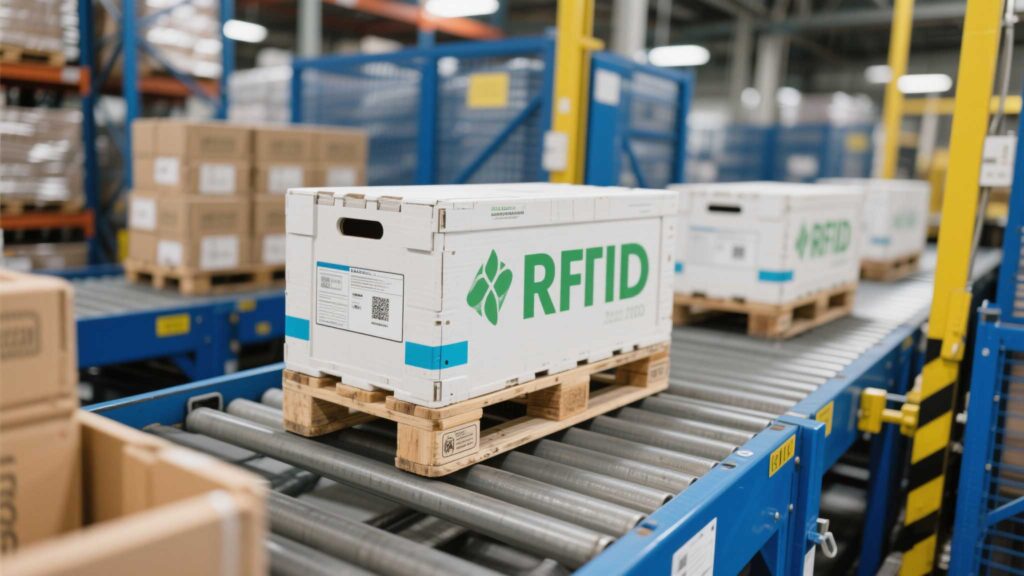What is an RFID Card for Electric Car Charging?
377Discover how RFID cards streamline electric car charging access, authentication, and billing. Learn about their benefits, security, and Cykeo’s charging solutions.
MoreAll RFID Product
The logistics industry generates 1.9 billion tons of packaging waste yearly—enough to circle the globe 600 times. While RFID is famed for efficiency, its role in sustainability is often overlooked. From biodegradable tags to waste-free shipping routes, here’s how RFID is turning supply chains into circular economies.

Excess packaging often stems from “just-in-case” padding to protect misrouted goods. RFID eliminates guesswork:
Single-use packaging dominates landfills. RFID enables reusable systems:
Traditional RFID tags contain plastics and metals. Innovations now offer:

Idling trucks and redundant trips account for 15% of logistics emissions. RFID aids smarter routing:
Only 14% of plastic packaging is recycled due to sorting errors. RFID fixes this:
Cykeo’s Circular RFID Platform helps brands track packaging from factory to Recycling. A beverage company using it achieved 100% reuse of glass bottles, eliminating single-use labels.
Sustainable RFID isn’t about tree-hugging—it’s about profit preservation. By cutting waste fines, packaging costs, and fuel bills, eco-smart RFID systems pay for themselves while future-proofing against climate regulations. For businesses eyeing net-zero goals, this tech is the ultimate two-for-one: planet saved, margins secured.
Discover how RFID cards streamline electric car charging access, authentication, and billing. Learn about their benefits, security, and Cykeo’s charging solutions.
MoreRFID tags vs barcodes cost analysis: Discover why cheap labels often cost more long-term. See real price breakdowns and when RFID saves money.
MoreLearn proven techniques to eliminate RFID signal interference caused by metal, liquids, or wireless devices. Optimize antenna placement and frequency settings for reliable reads.
MoreThis article delves deep into the core technology and practical applications of RFID Book Tags, sharing hands-on industry insights. It analyzes the pros and cons, cost considerations, and operational details in libraries and retail settings. Learn...
More